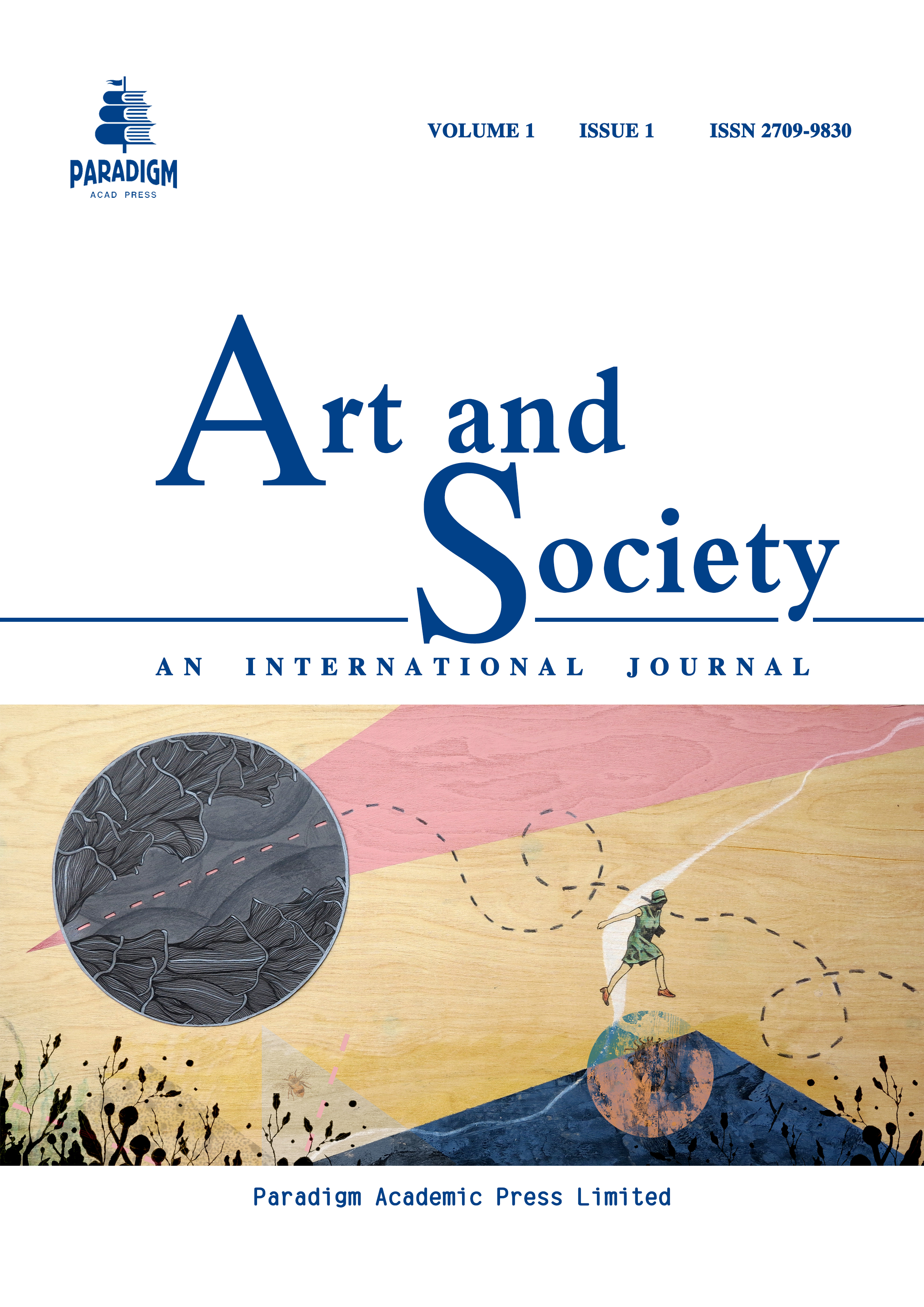Environmental Trauma and Aesthetic Ecocriticism in Indonesian Climate Fiction (Cli-Fi)
Keywords:
Indonesian literature, climate fiction, cli-fi, ecocriticism, environmental trauma, multispecies witnessing, indigenous cosmologyAbstract
This paper explores the emergence of a post-traumatic ecocritical aesthetic in Indonesian climate fiction (cli-fi), examining how literary works respond to environmental degradation, colonial legacies, and spiritual ruptures through narrative, form, and cosmology. Unlike the techno-dystopian paradigms dominant in global climate fiction, Indonesian cli-fi is rooted in the lived materialities of archipelagic ecologies—floods, forest loss, soil poisoning—and the cultural frameworks that interpret them. The study argues that authors deploy fragmented structure, multispecies witnessing, ritual temporality, and relational world-building to render climate trauma as an ongoing condition rather than a singular event.
Drawing on ecofeminist, postcolonial, and indigenous epistemologies, the paper shows how landscapes are gendered, spirits act as environmental agents, and grief is distributed across human and nonhuman bodies. These texts do not seek utopia or full recovery; instead, they offer ethical practices of attention, mourning, and care within damaged worlds. Ultimately, Indonesian climate fiction advances a decolonial aesthetic that challenges anthropocentric and technocratic responses to climate change, and instead foregrounds survival, memory, and cosmological continuity in the face of irreversible ecological loss.



